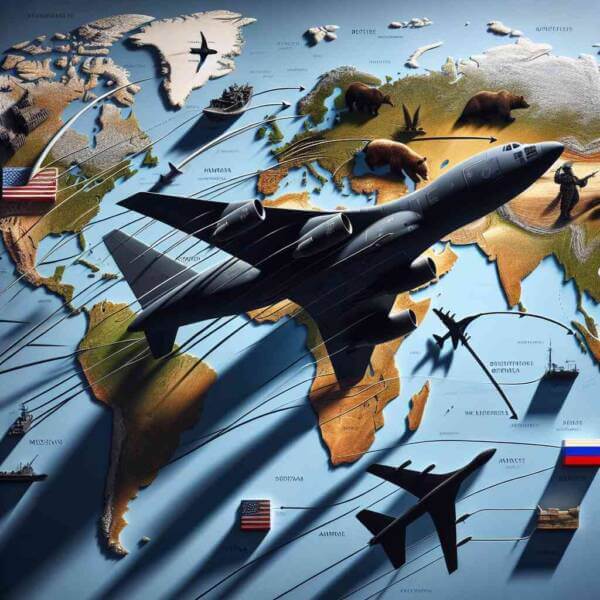Why Military Aviation Still Matters
Why Military Aviation Still Matters
Blog Article

The use of aircraft in military operations offers superior capabilities.
Nations invest heavily in military aviation to maintain superiority.
History of Military Aviation
Military aviation started during the early 1900s, with aircraft initially used for reconnaissance.
Key developments over time:
- First use of armed aircraft in combat
- Creation of long-range bombers and jets
- Emergence of strategic bombers and nuclear deterrence
- Modern drone warfare
Each era brought new technologies that expanded aerial warfare.
Different Roles of Military Planes
Understanding the types of military aircraft helps in appreciating the complexity of modern air forces.
Types of planes used in military aviation:
- Fighter jets
- Bombers
- Logistical support aircraft
- Unmanned aircraft for intelligence gathering
Each type plays a critical function in military operations, from securing airspace.
The Strategic Value of Military Aviation
Controlling the skies gives forces the advantage.
Strategic advantages of air dominance:
- Providing close air support
- Disrupting enemy supply lines
- Early warning and real-time data
- Boosting morale
Nations with strong military aviation capabilities can defend their interests more effectively.
Advancements Shaping the Future
Military aviation is at the forefront of technological innovation.
Recent innovations include:
- Low-visibility planes
- Hypersonic weapons
- Artificial intelligence-driven missions
- Directed energy weapons
These advancements expand mission possibilities for air forces worldwide.
Challenges in Military Aviation
Despite technological superiority, military aviation faces complex problems.
Pressing issues in military aviation:
- Rising development and maintenance costs
- Need for constant upgrades
- Securing digital communications and data
- Ethical concerns with autonomous weapons
Addressing these challenges is necessary website for effective defense strategies.
Future of Military Aviation
The future of military aviation promises radical innovations.
Likely developments:
- Greater integration of artificial intelligence
- Military satellites and space-based weapons
- Eco-friendly military aircraft
- Enhanced multinational cooperation
The next era of military aviation will revolutionize how wars are fought.
The Enduring Power of Military Air Forces
Military aviation remains a decisive factor in global defense.
As technology continues to evolve, the skies will remain a frontline of innovation where military aviation shapes the world order.
The future of military aviation is limitless — and it’s only just beginning. Report this page